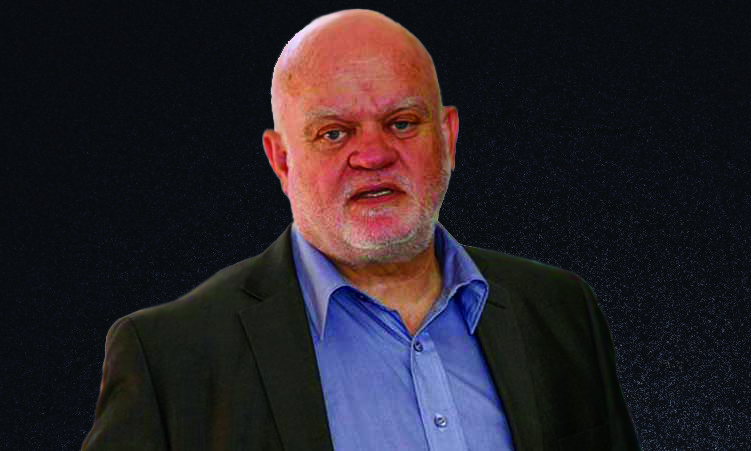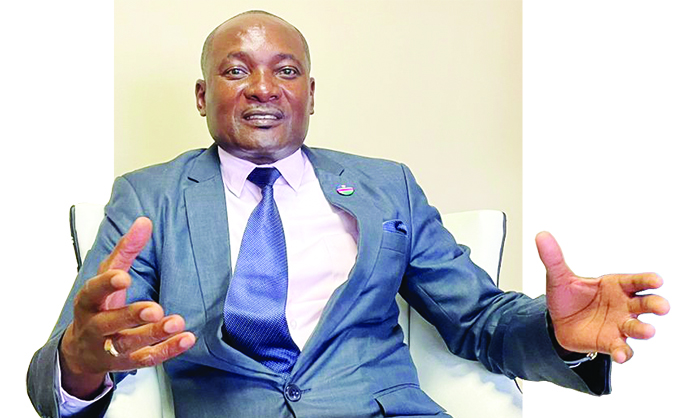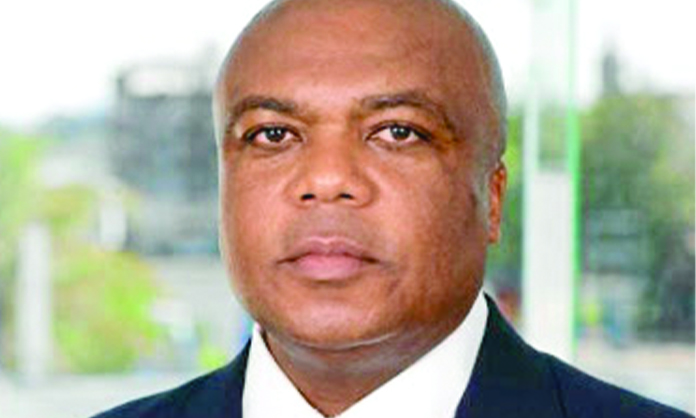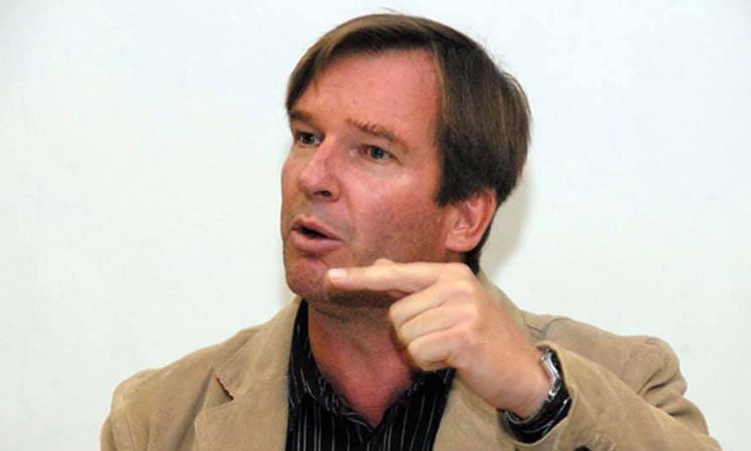The International Day of the African Child event on 16 June has been commemorated in different ways in Africa and elsewhere since its designation in 1991 by the Organisation of African Unity.
No matter how the day is marked, its underlying importance must never be forgotten – remembering courageous action by children in South Africa’s Soweto township on 16 June 1976.
In Namibia, the day is commemorated annually in different ways. The print media usually observes the day through articles spotlighting the youth and their needs.
Later I shall share what a community service organisation does annually to mark the day’s importance regarding youth development.
If our country and the continent’s future rests with the youth, it naturally follows that we have a responsibility to nurture, educate and properly prepare African children for life ahead.
Not only does Africa have the highest number of young countries, but the continent also has the world’s youngest population, or the producers of the future in economic terms.
Namibia’s youth must be prepared accordingly to be part of this future dynamic.
So, who is tasked with this responsibility?
It’s a no-brainer: We have a collective responsibility, starting with parents and the child’s extended family.
Ignore it if you will, but our acts and omissions impact the development of our children and other youngsters in the extended family circle.
Viewed from a broader perspective, preparing young people for the future includes the community and society that child grows up in.
It is worrying, but role models worthy of emulation by youngsters are few and far between.
Just look around and see how urgently corrective measures are needed in far too many communities to usher in behavioural change.
The government’s role at local, regional and central tiers starts with the educational system from preschool up to tertiary.
Is it necessary for an annual scramble by parents and guardians to find space for their children at schools and colleges?
Surely teaching in tents or under trees should be something of the past by now?
Let’s not ignore the important role of civil society organisations in preparing the youth for the future.
Permit me to share information about the youth development work of Rotary International.
A non-religious and non-governmental community volunteer service organisation, Rotary members strive to observe high ethical standards and to render community service through projects that tackle poverty, health, hunger, education, and environment issues.
As for preparing tomorrow’s leaders today, Rotary’s activities every year include student exchanges, a youth leadership award, establishing Interact clubs for pupils at high schools, and Rotaract clubs for young adults.
A youth leadership awards camp for tertiary students took place at Okahandja in March.
And last week, to coincide with International Day of the African Child, Rotary International ran a seminar for high school pupils to encourage good citizenship.
Rotary’s youth activity is executed in a manner that has no intention other than to make a meaningful contribution towards preparing tomorrow’s leaders today.
Ask yourself what you are doing to help prepare Namibia’s youth for the future.
- Danny Meyer is reachable at danny@smecompete.com
Stay informed with The Namibian – your source for credible journalism. Get in-depth reporting and opinions for
only N$85 a month. Invest in journalism, invest in democracy –
Subscribe Now!






